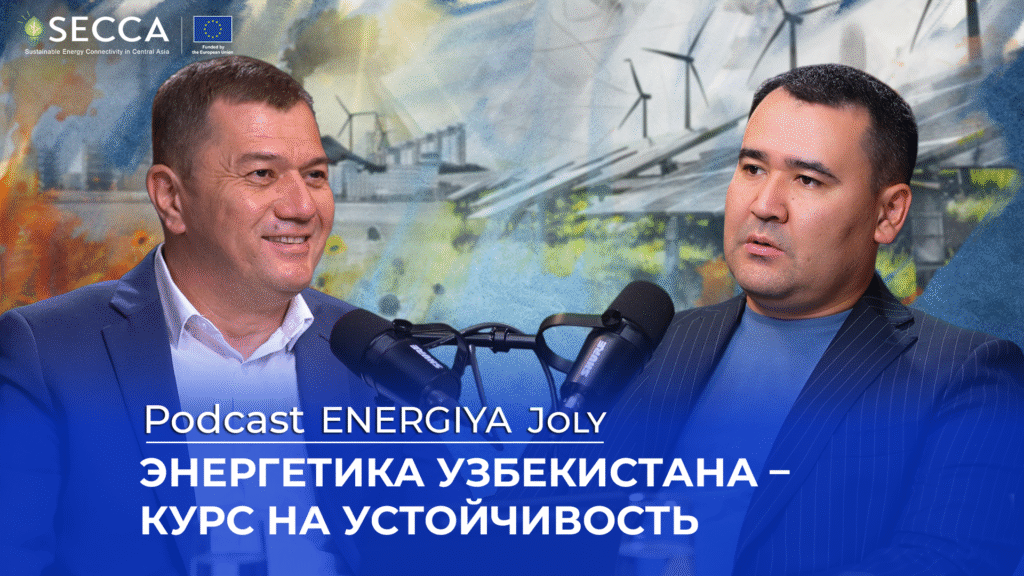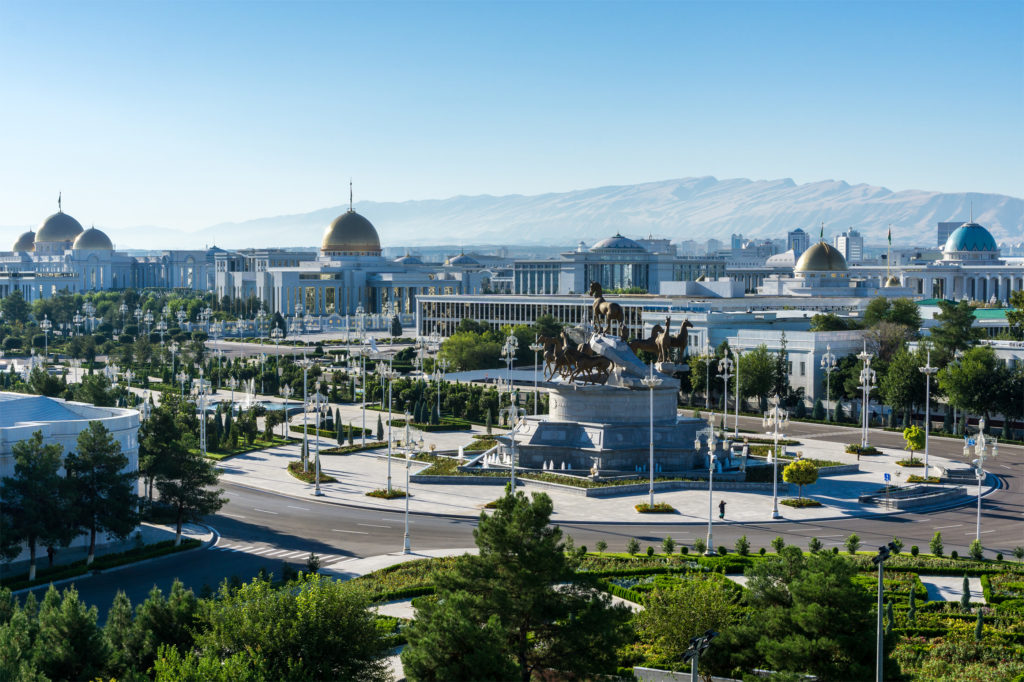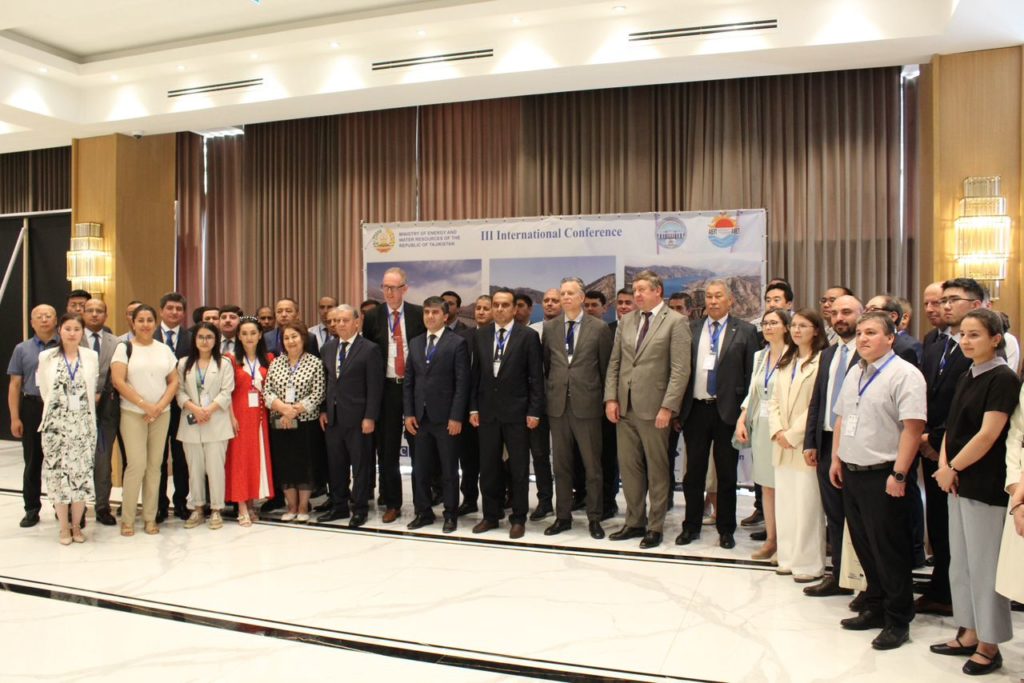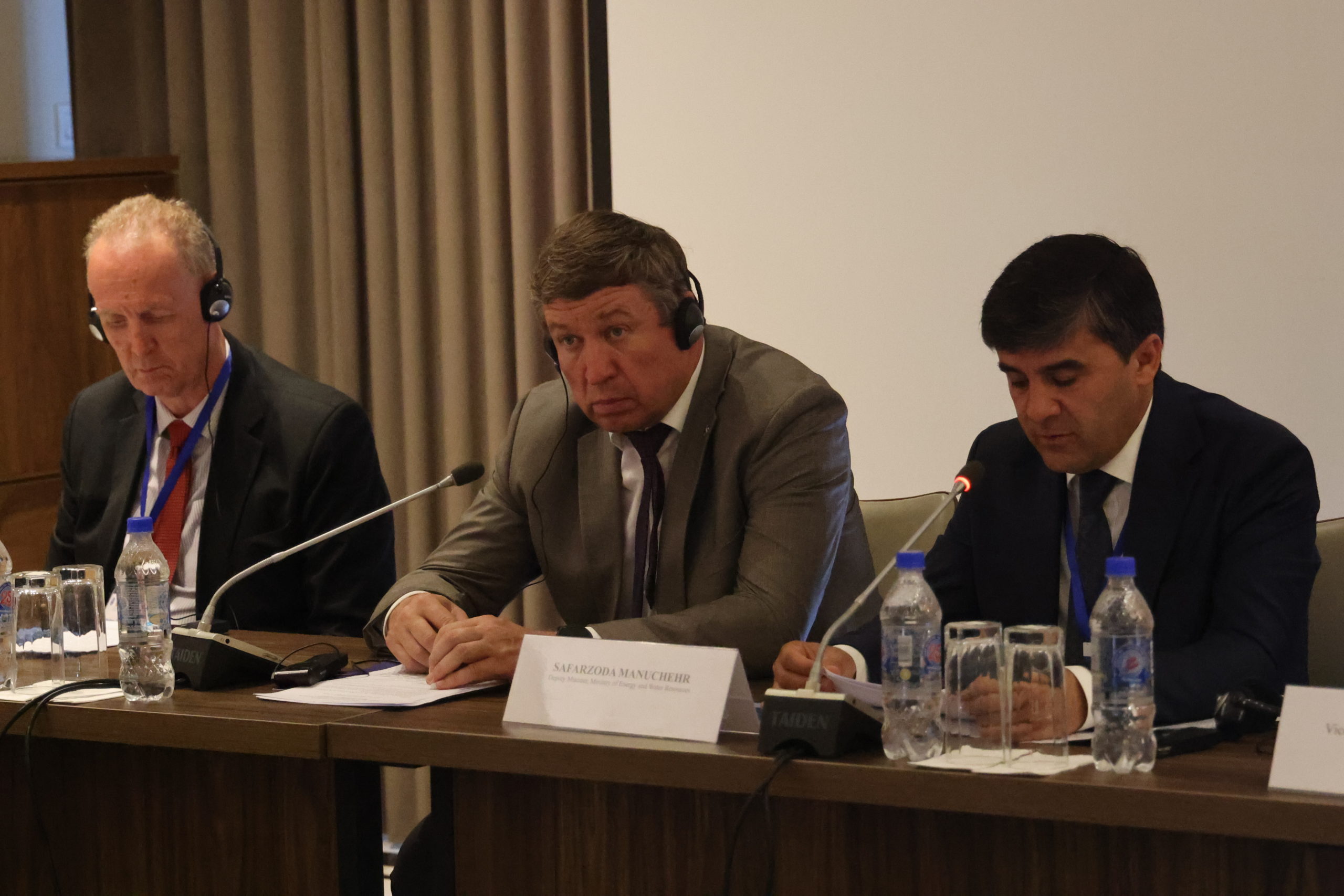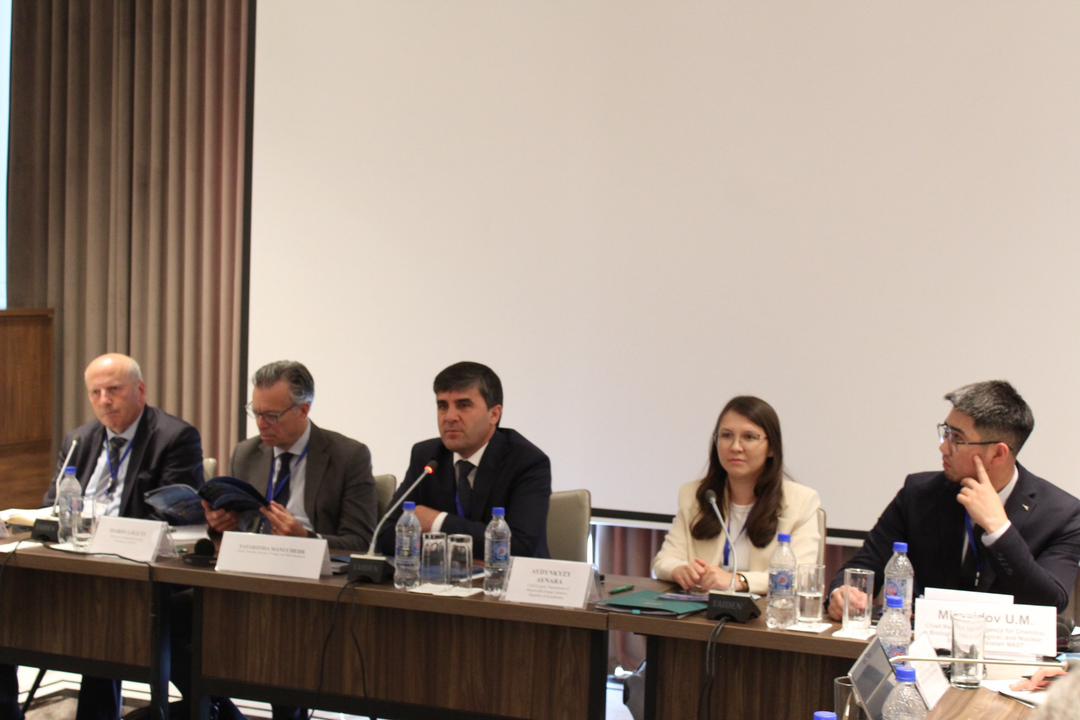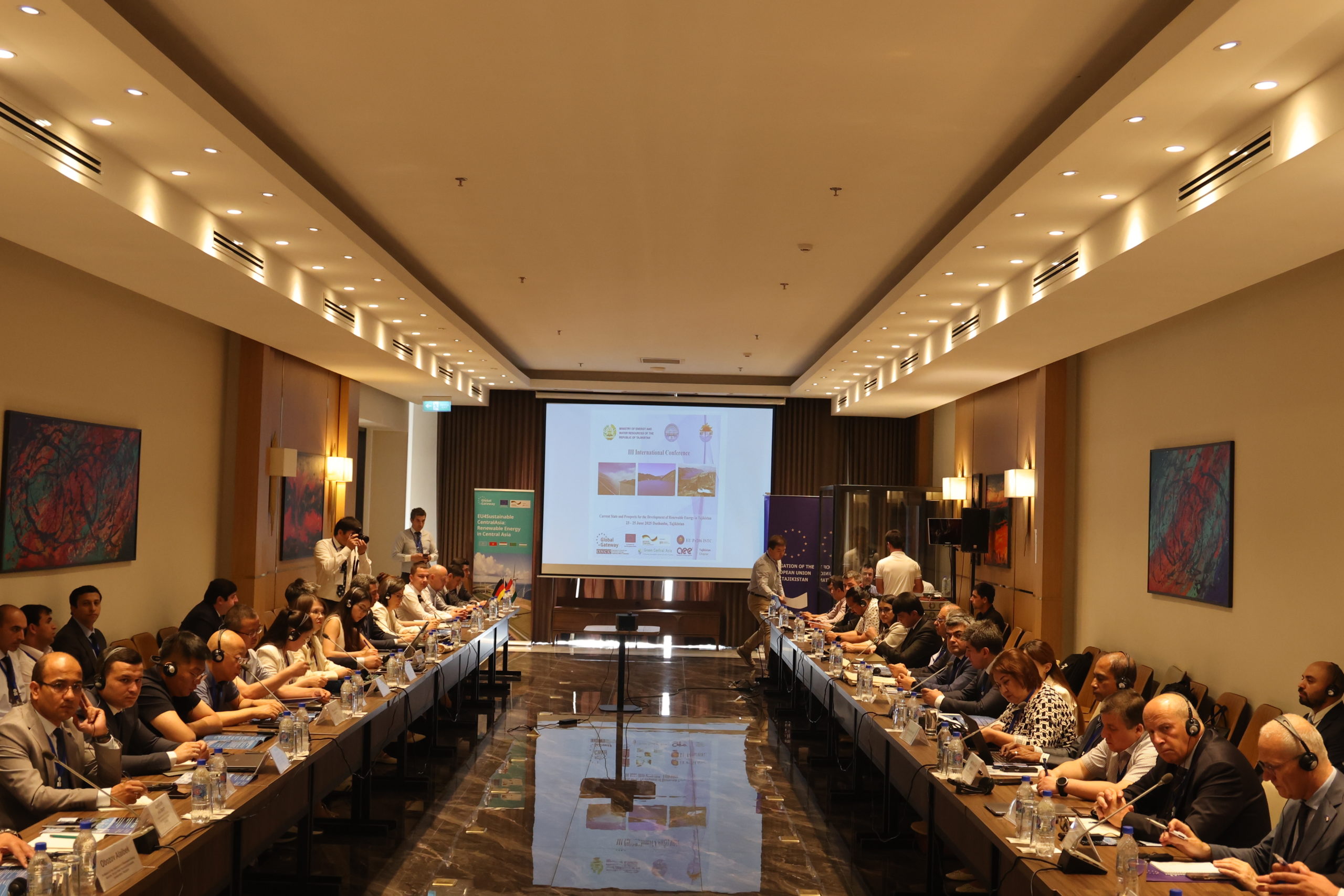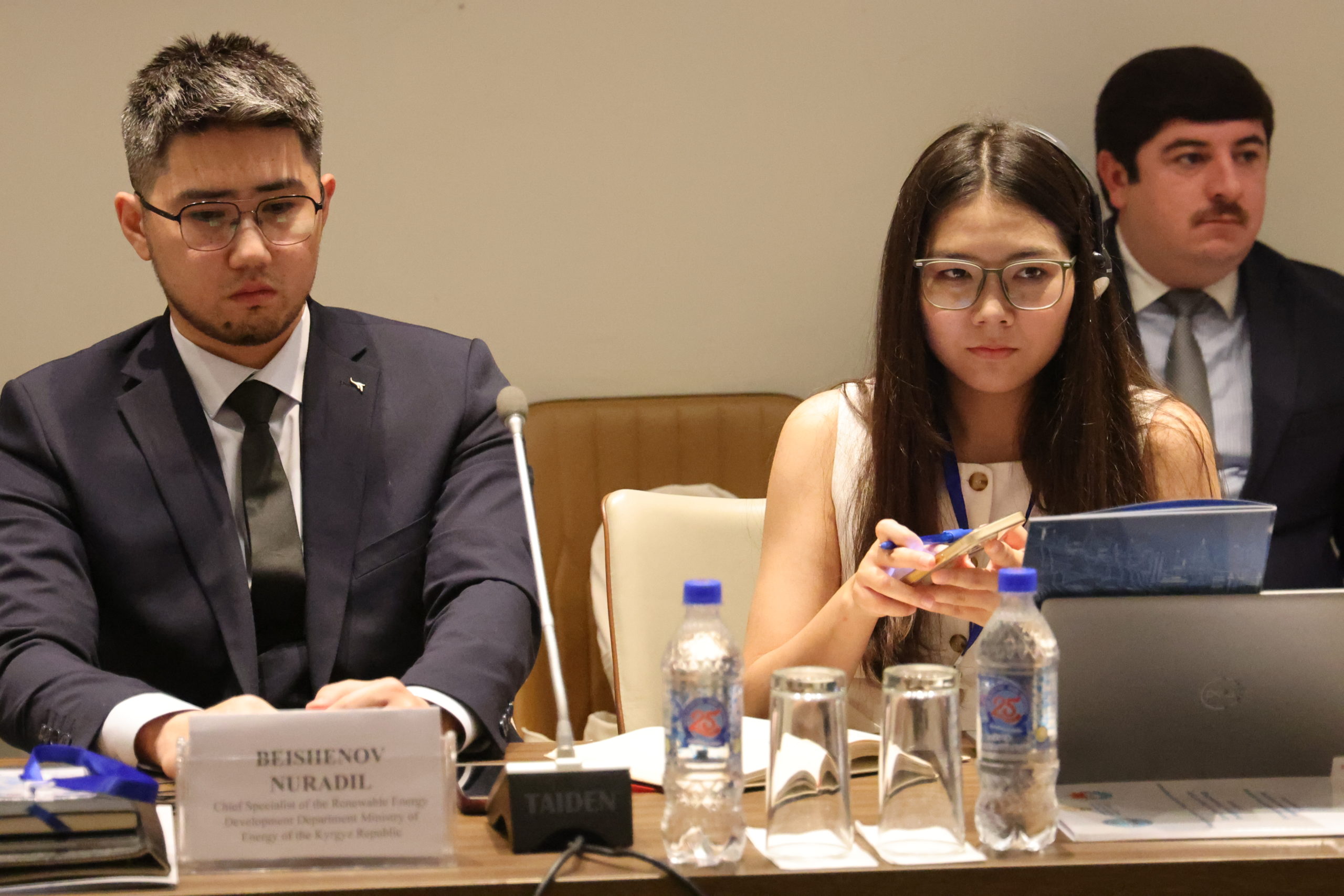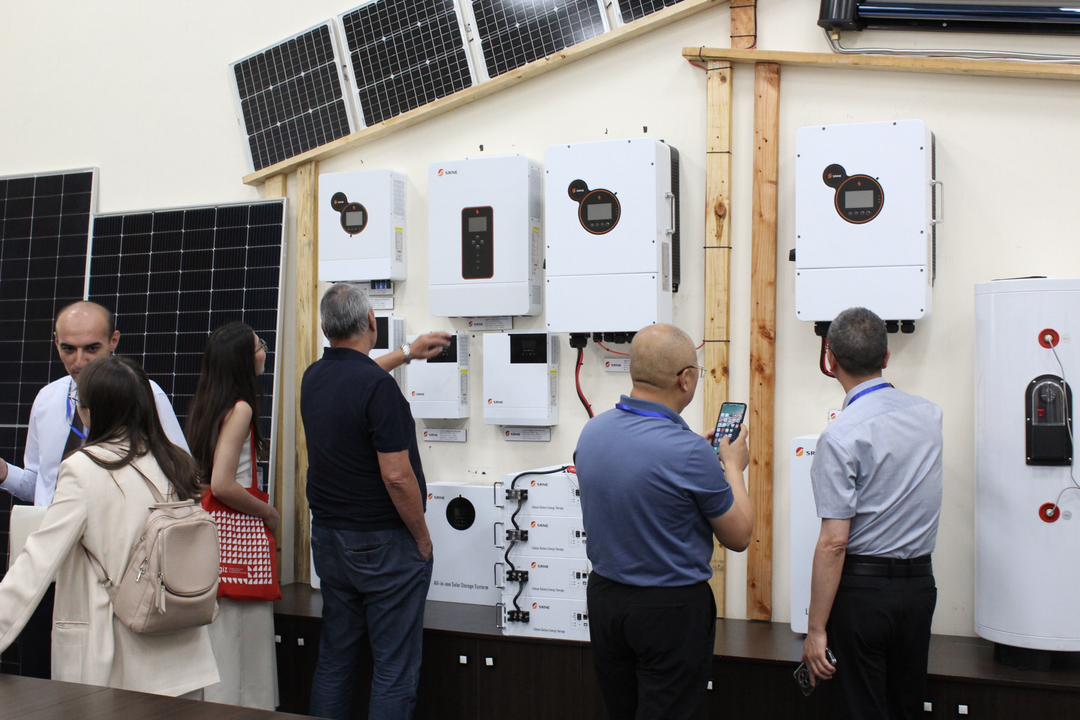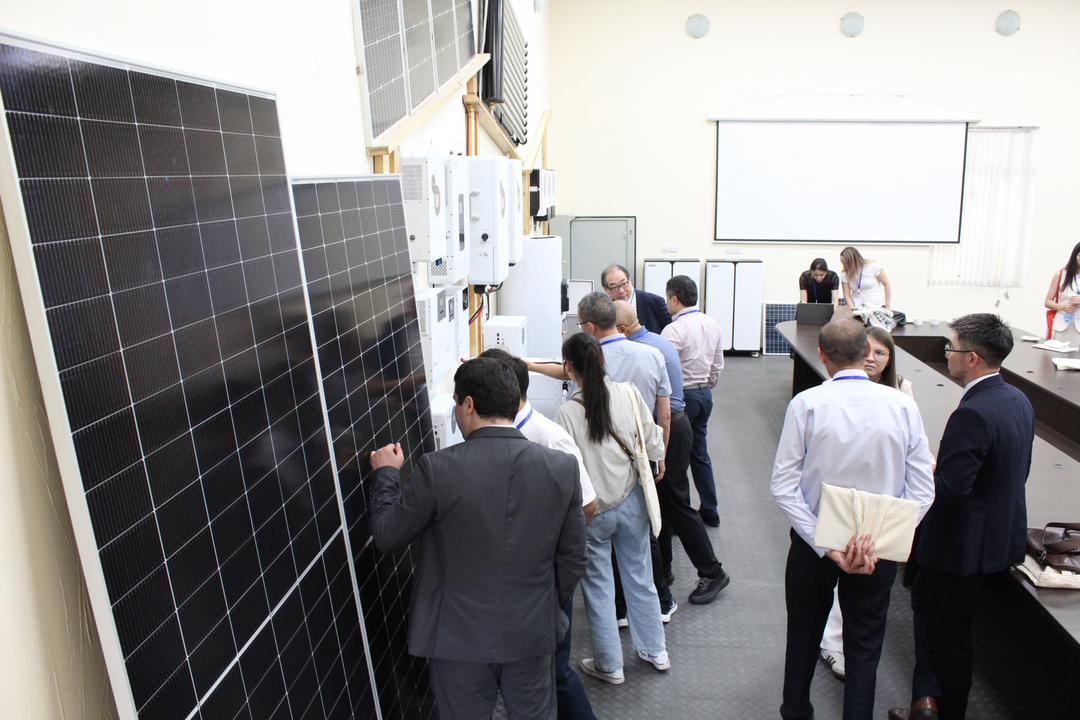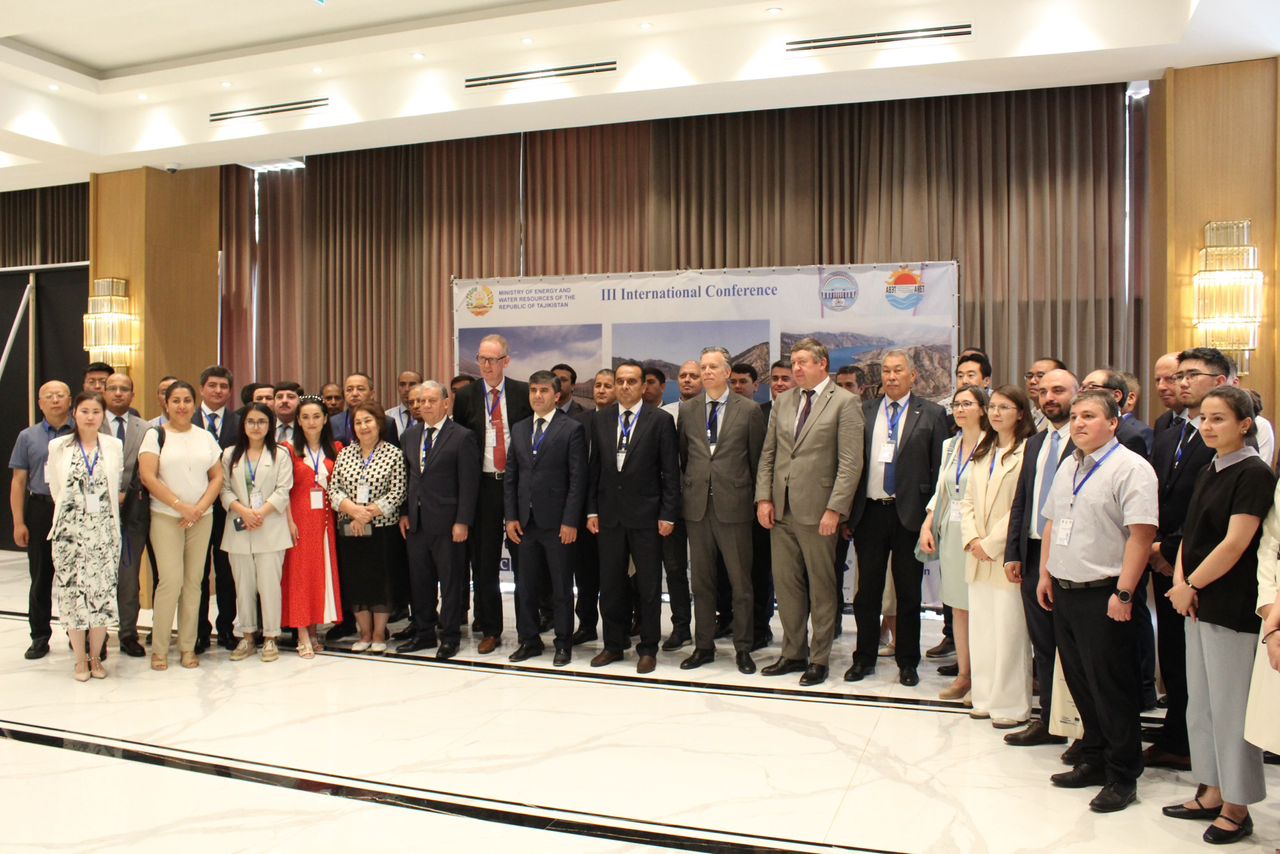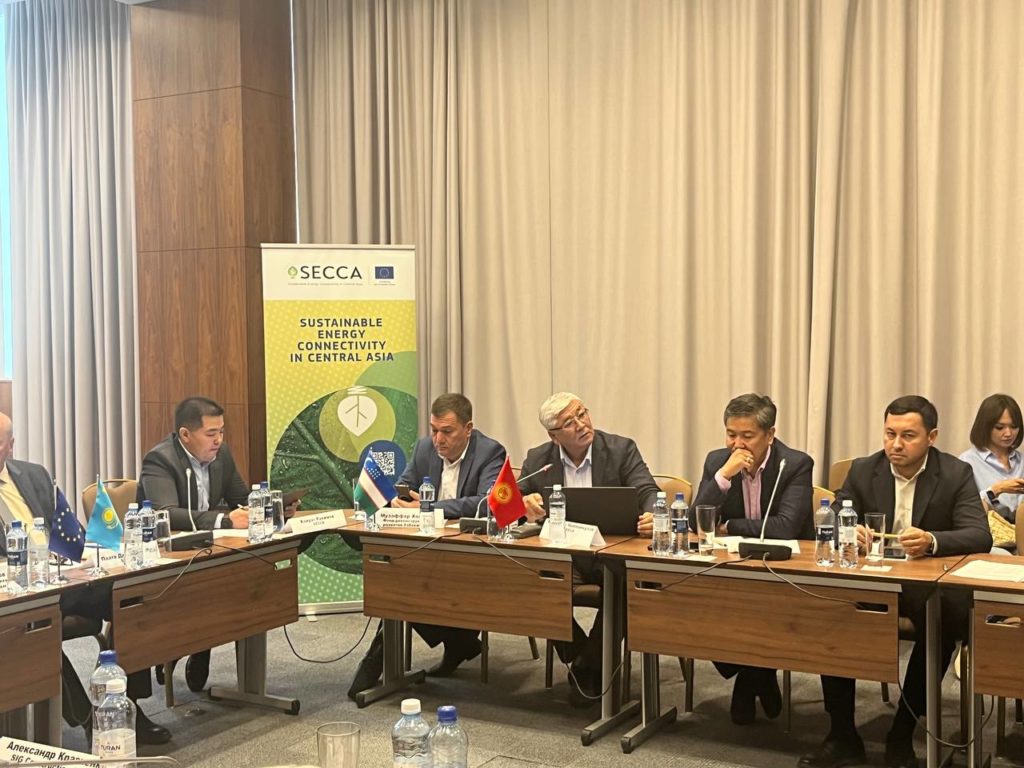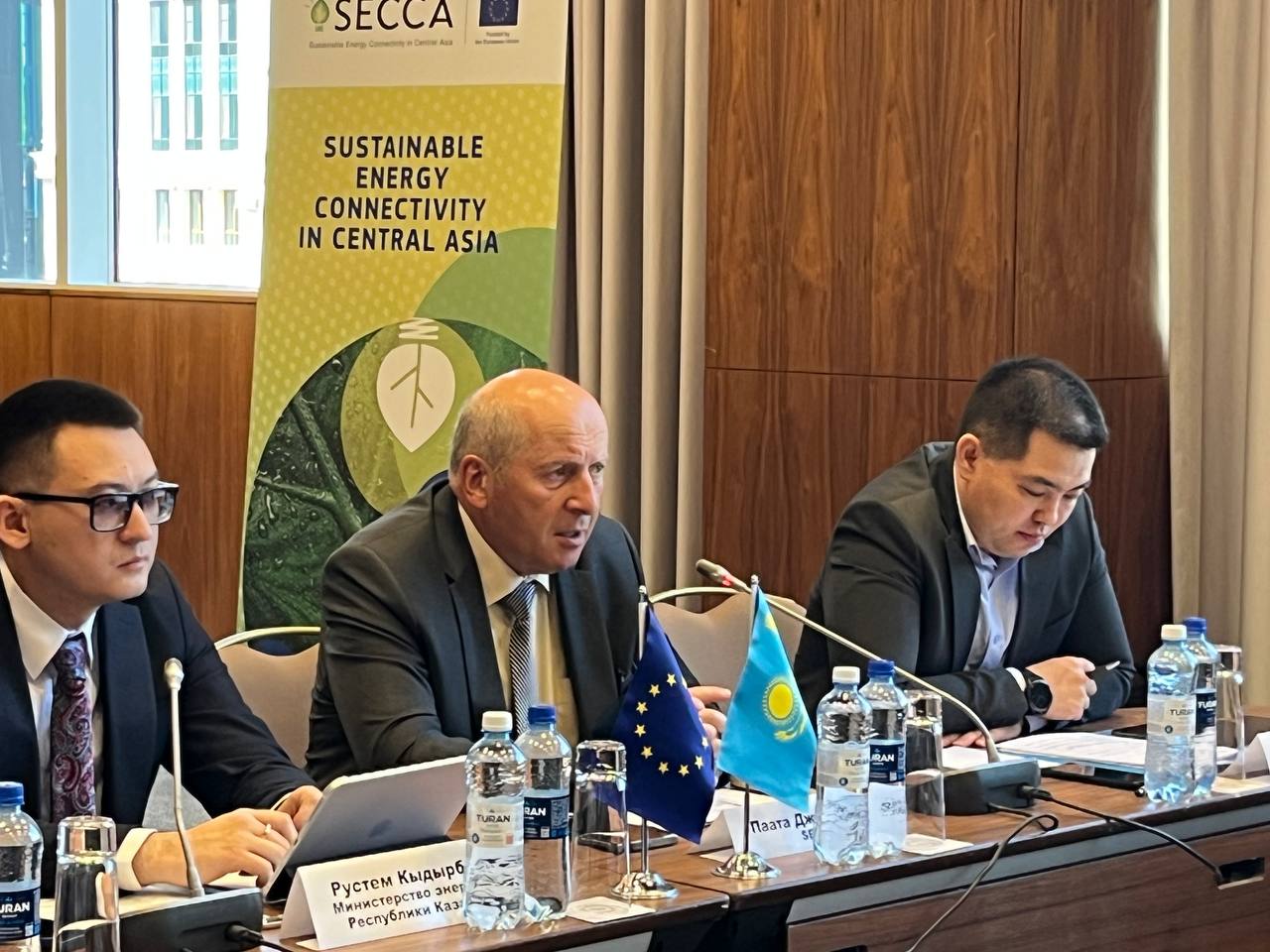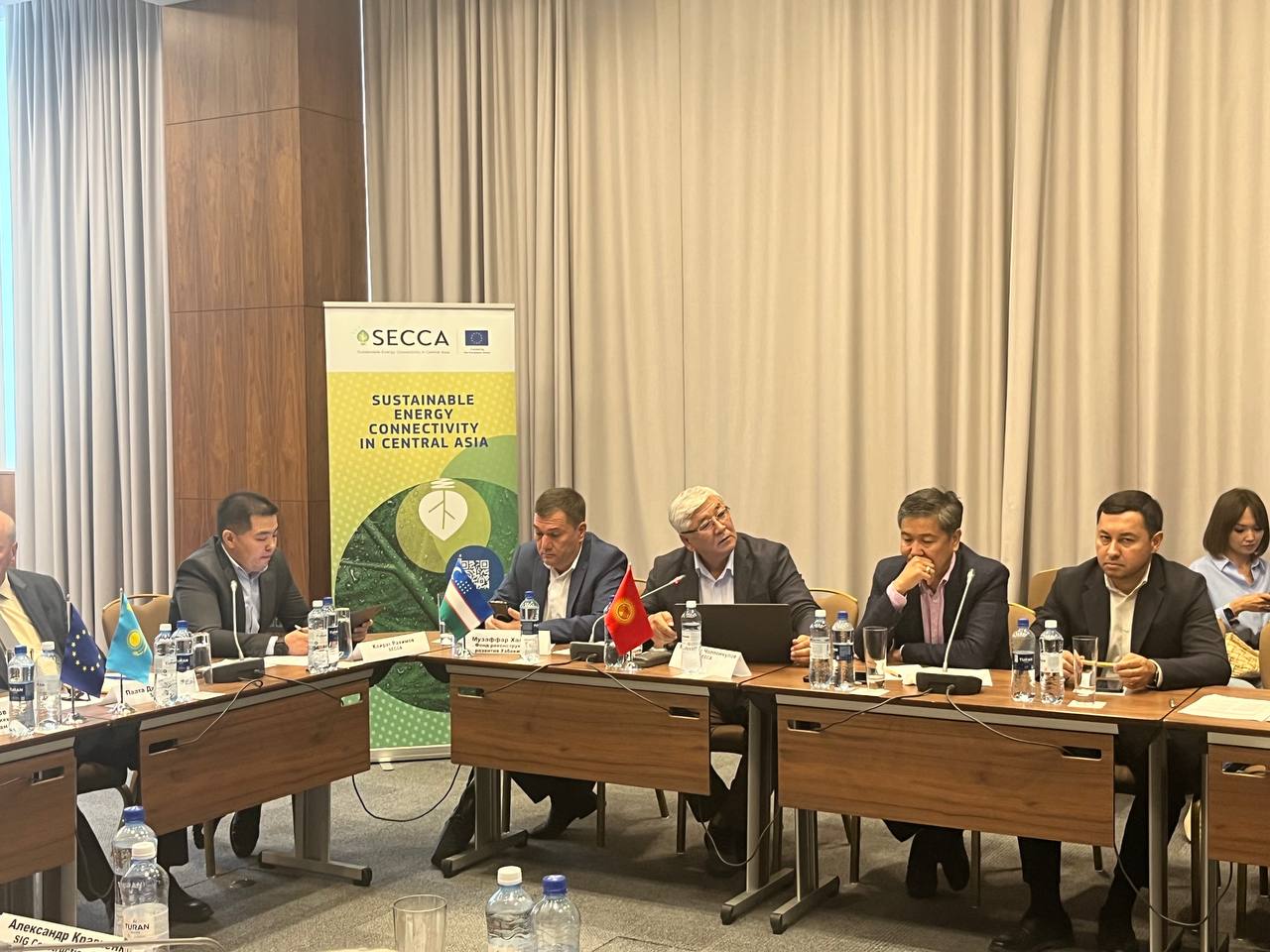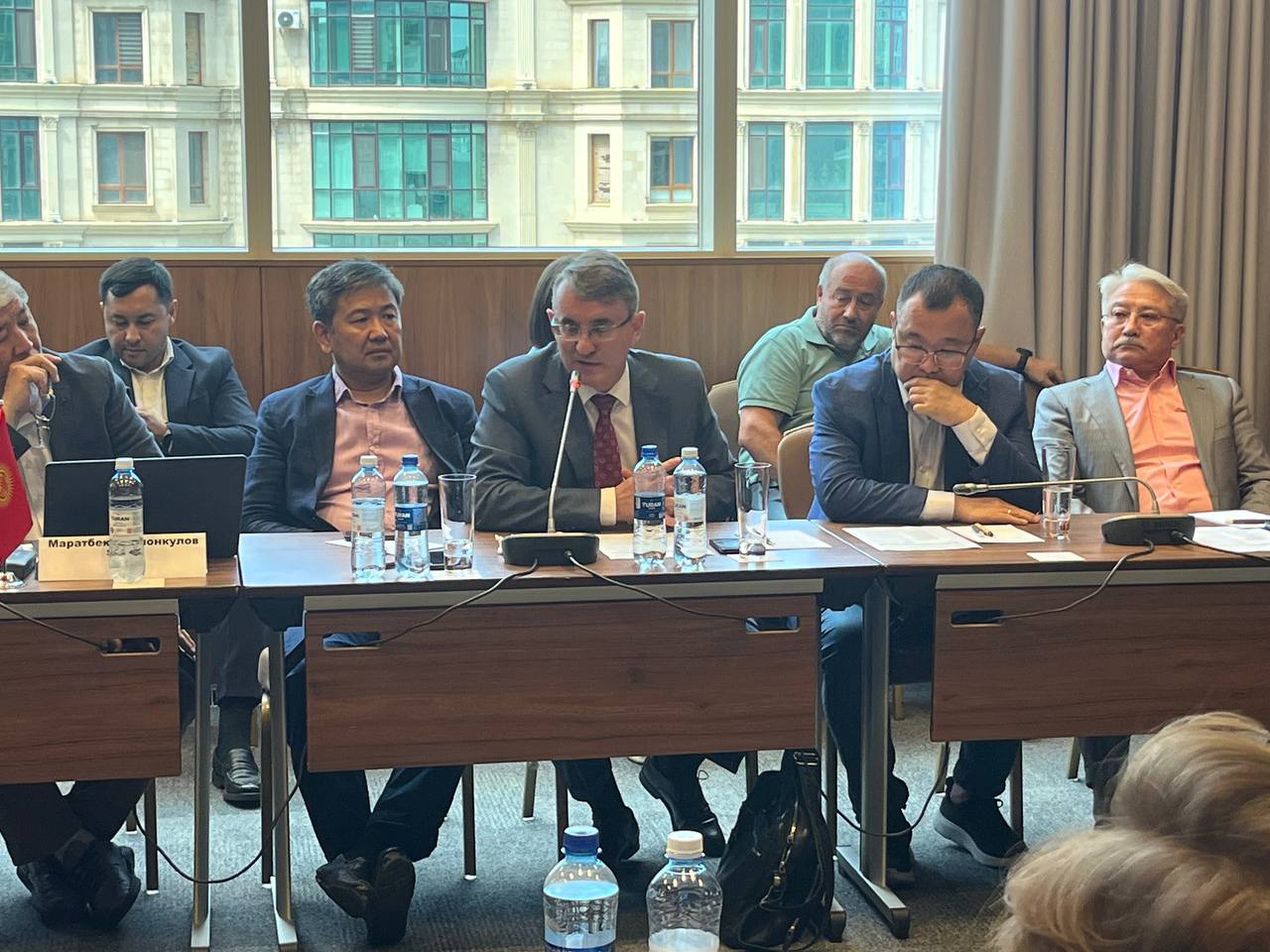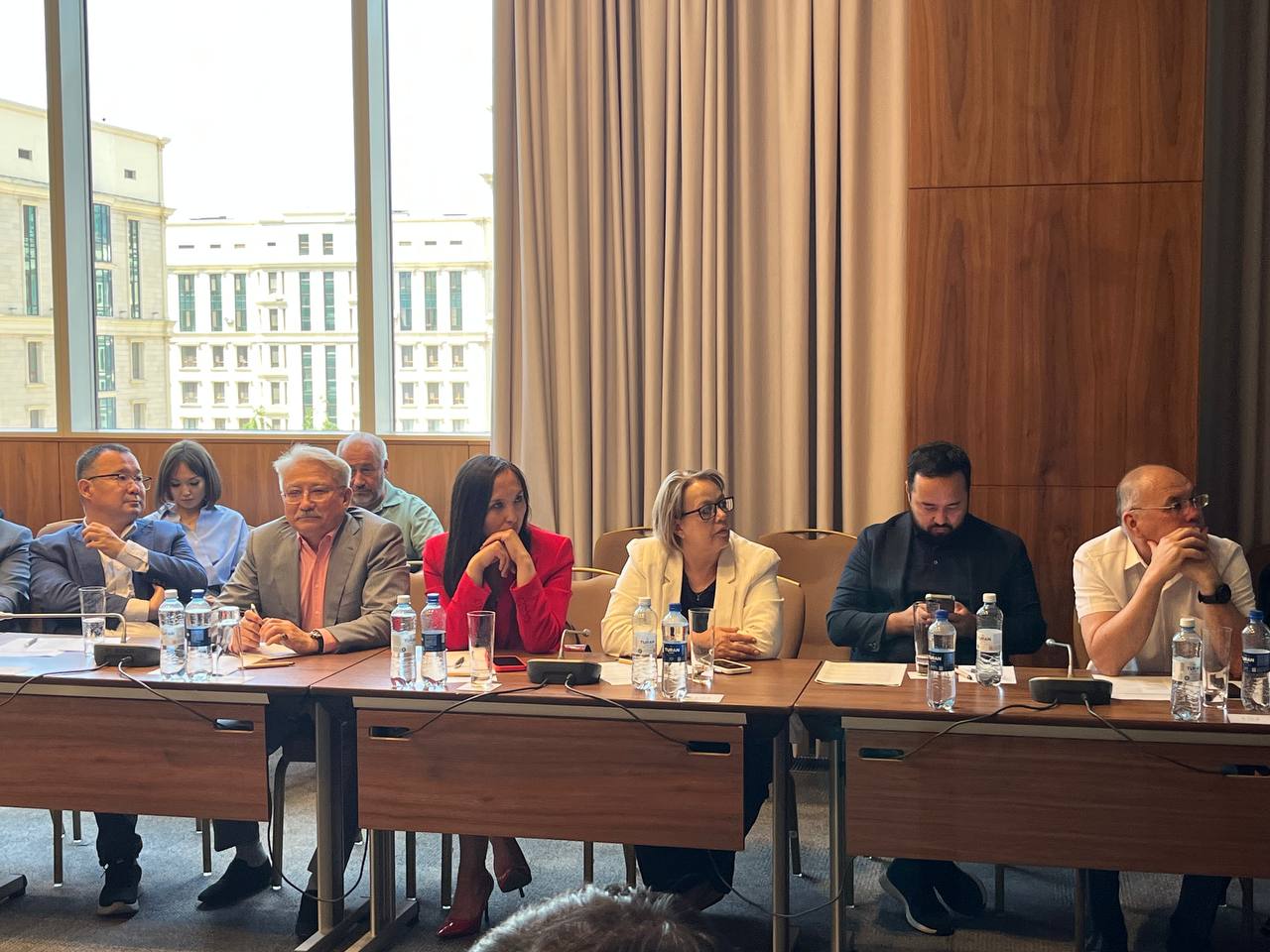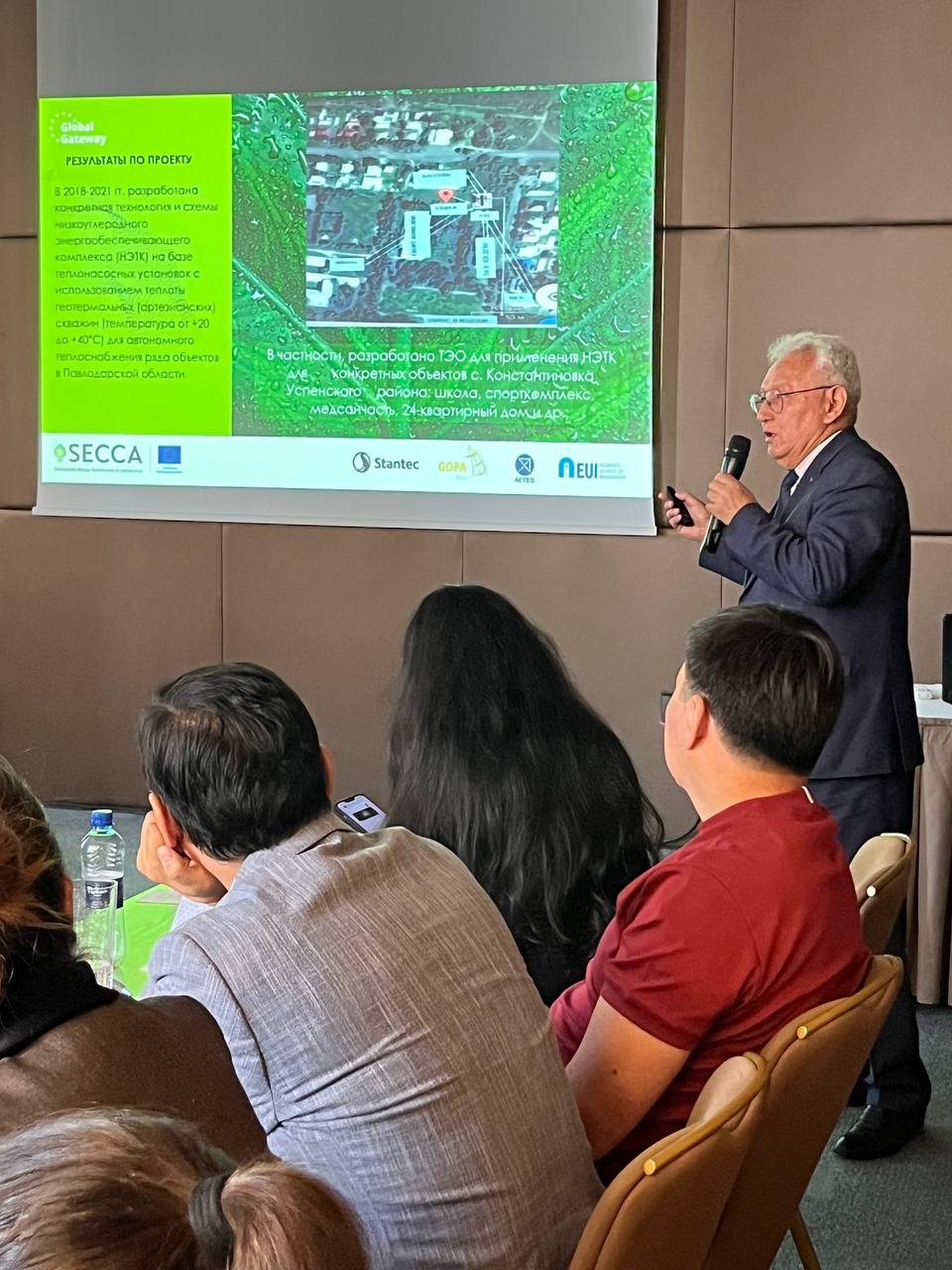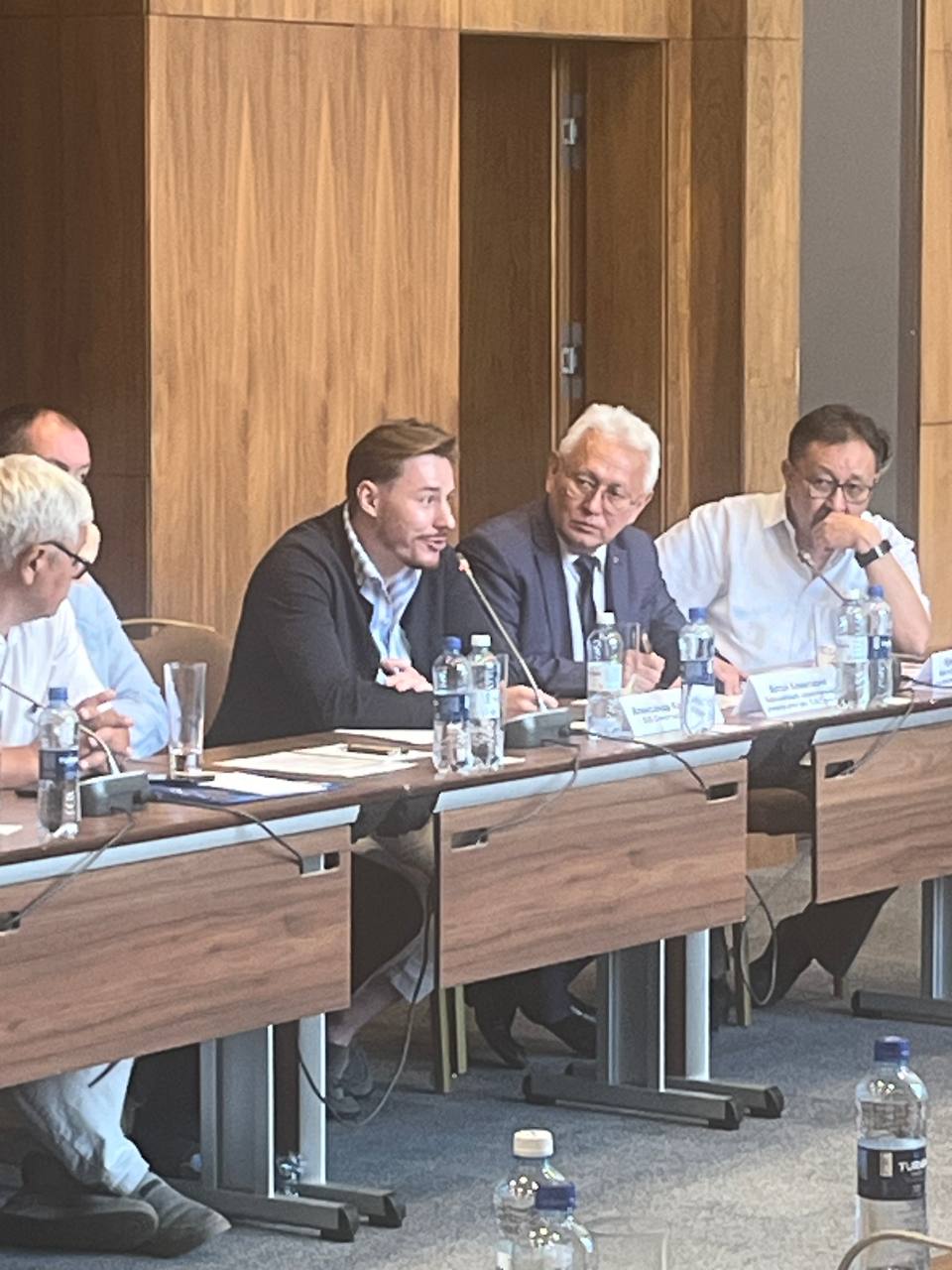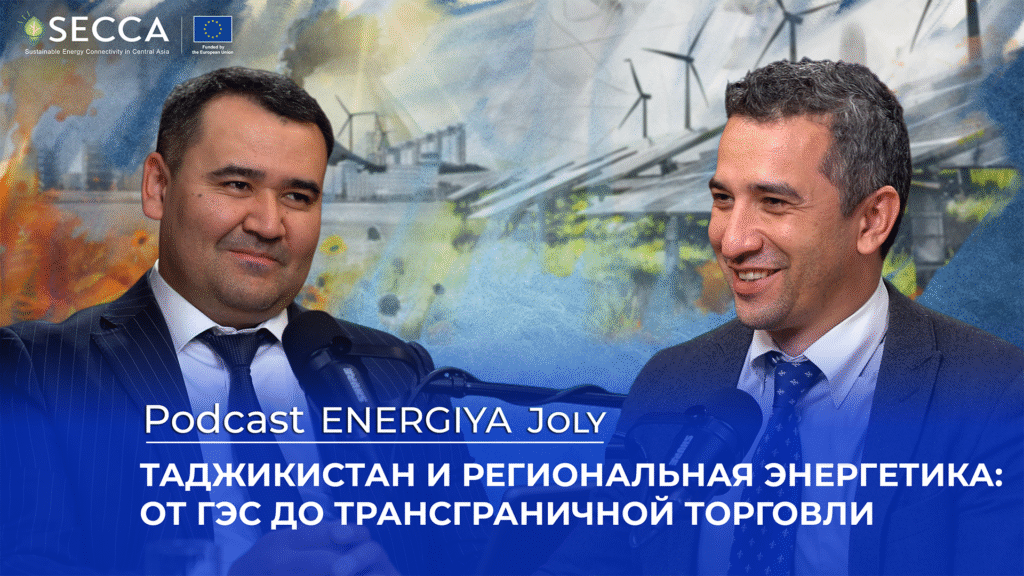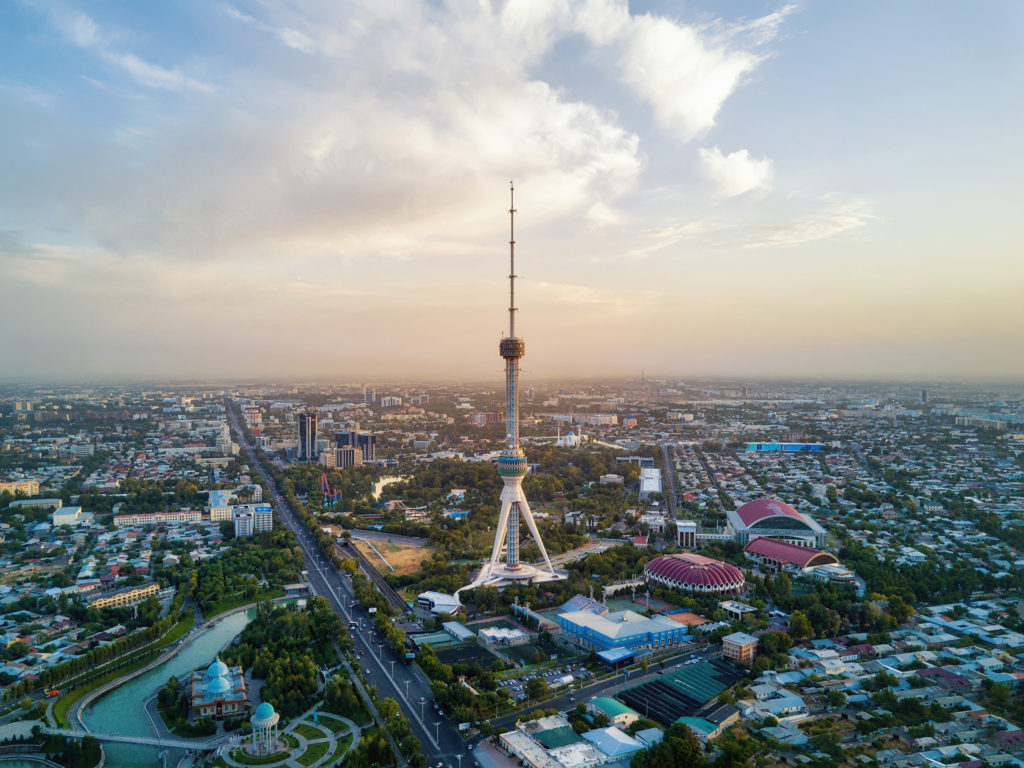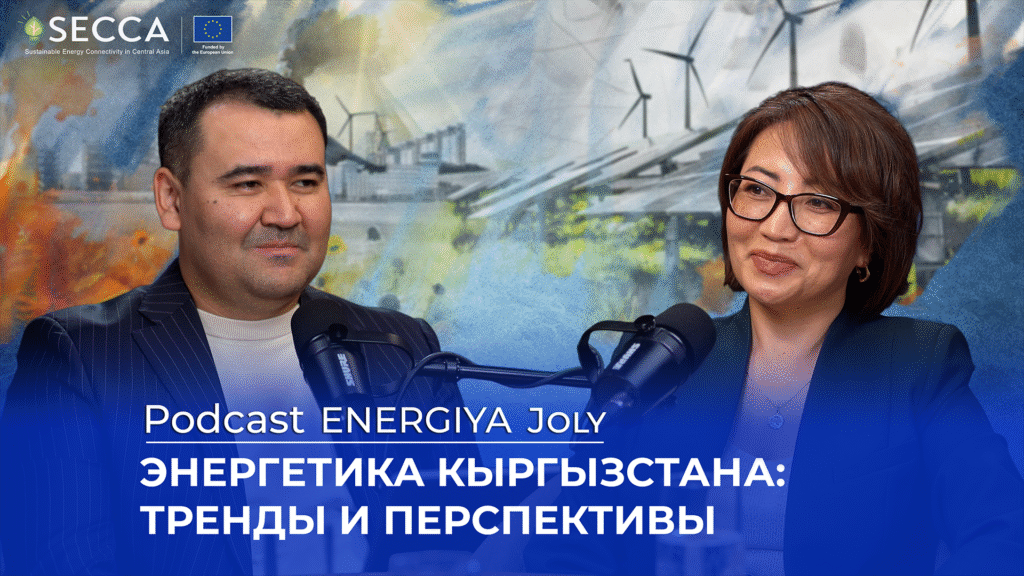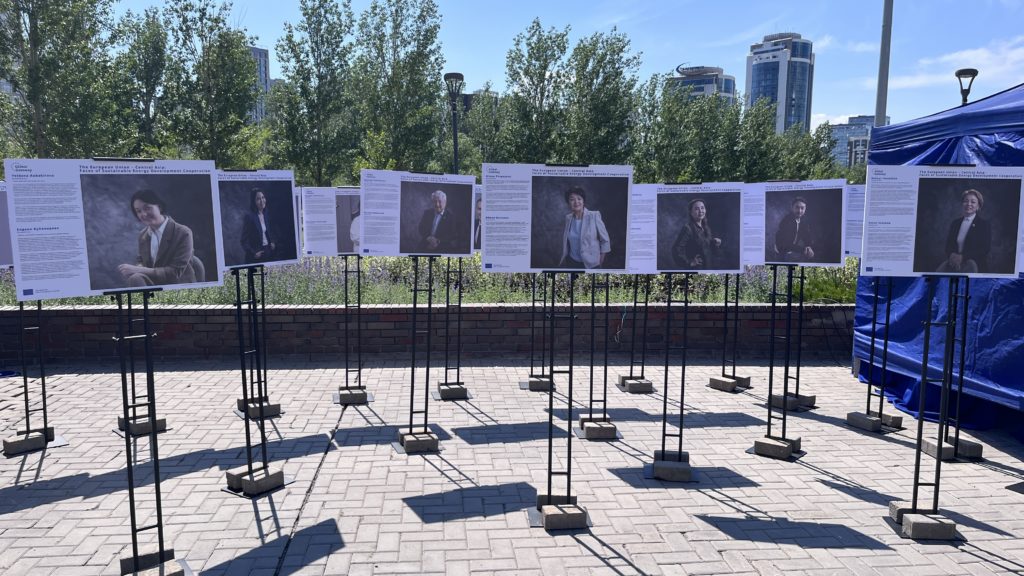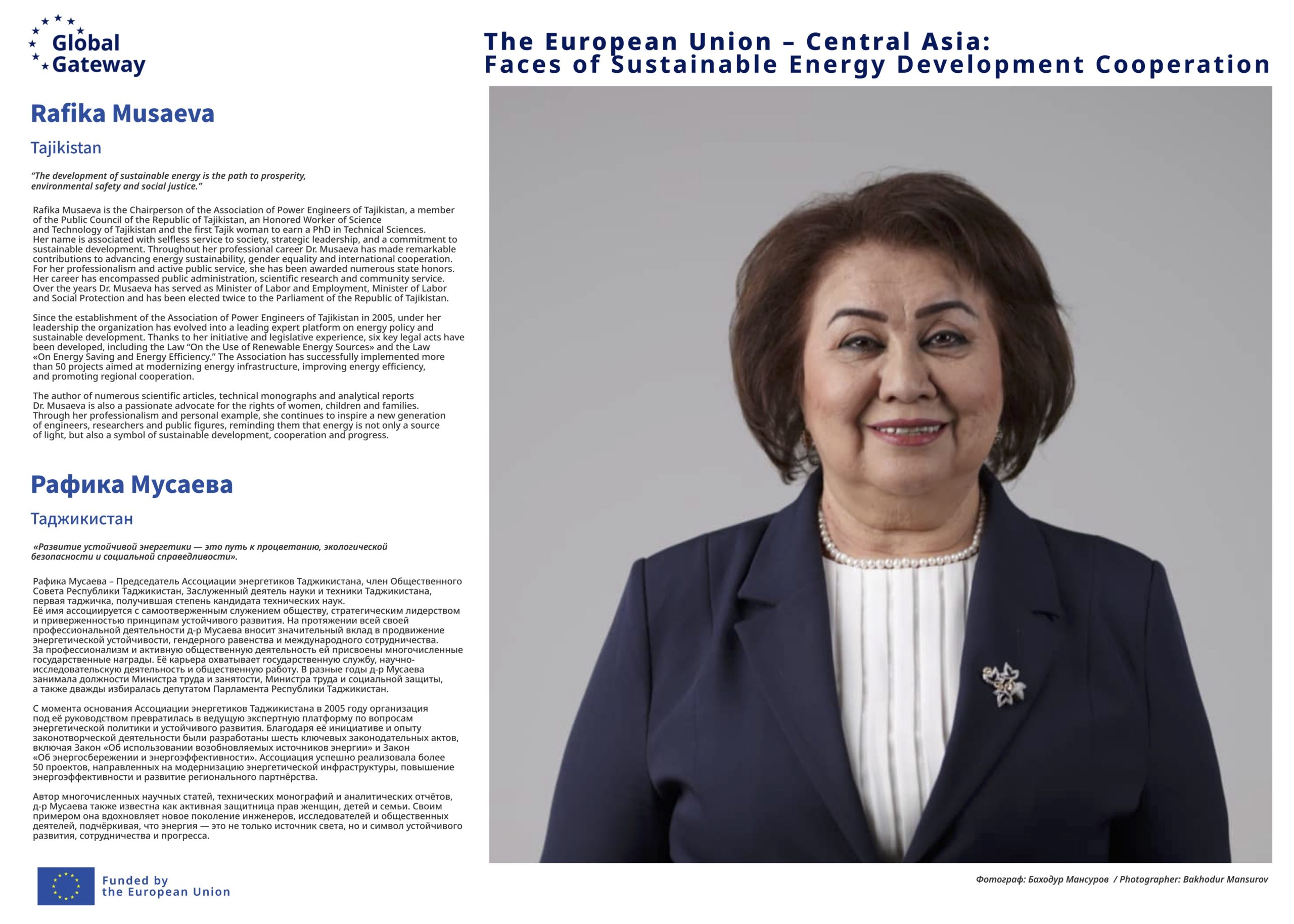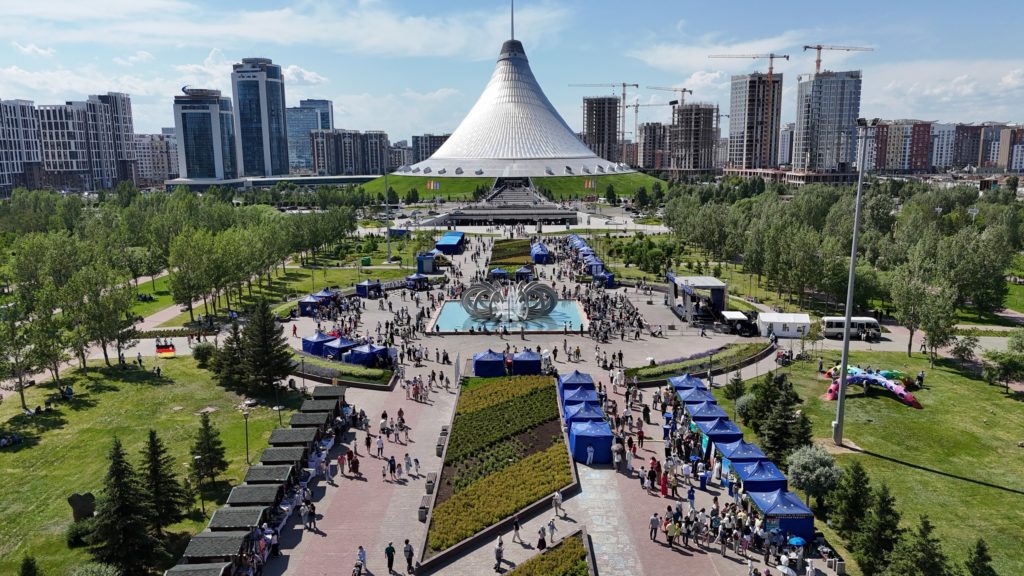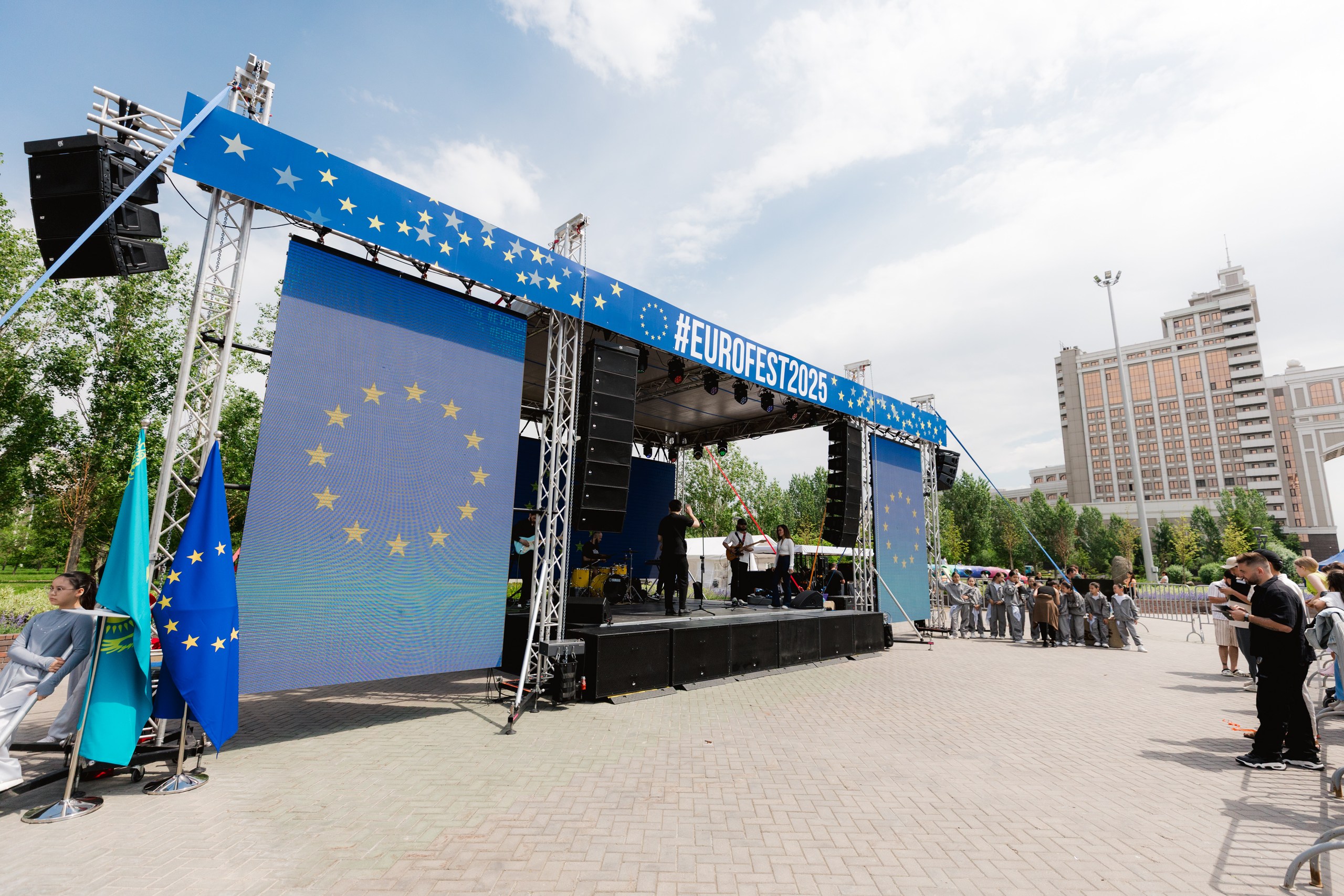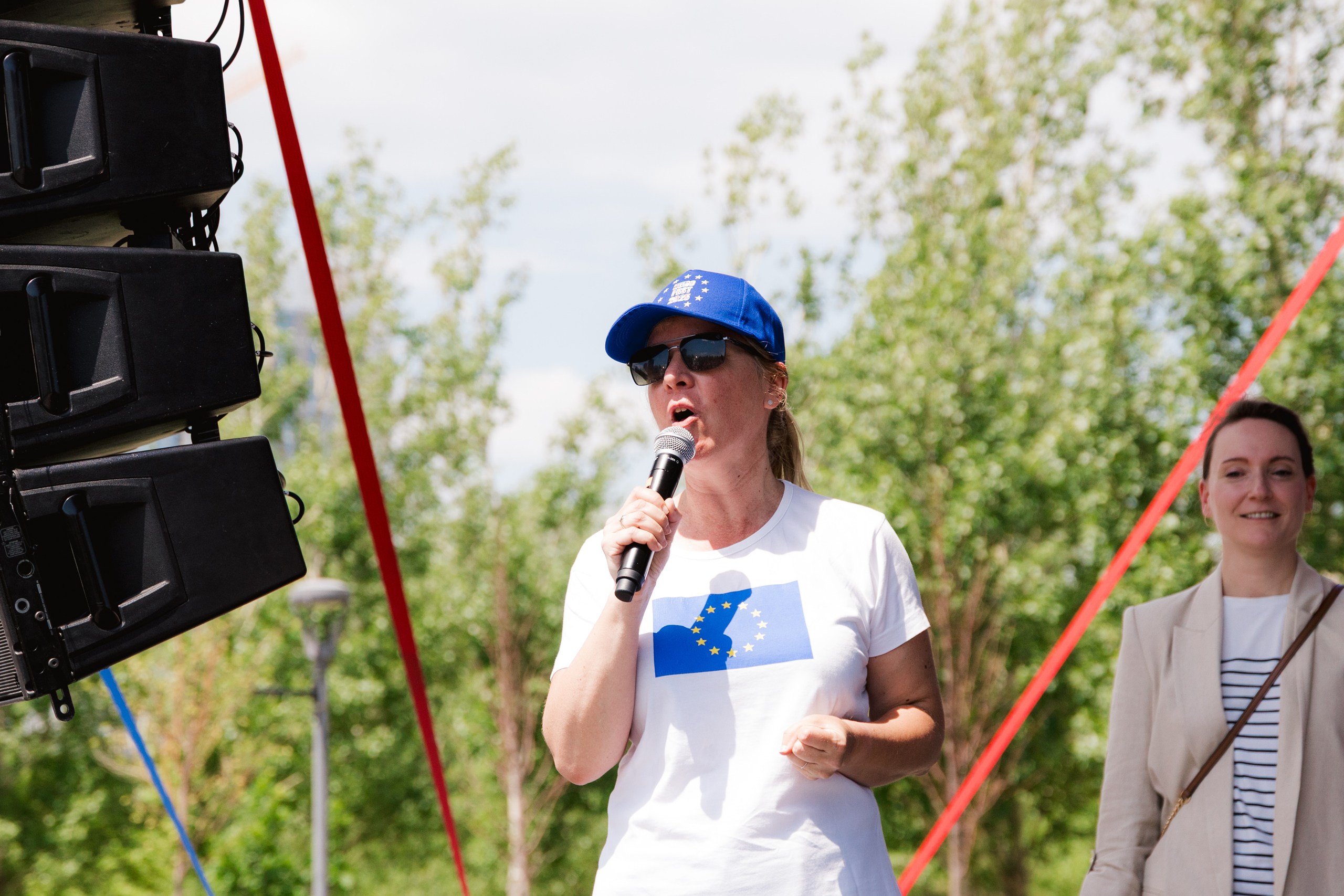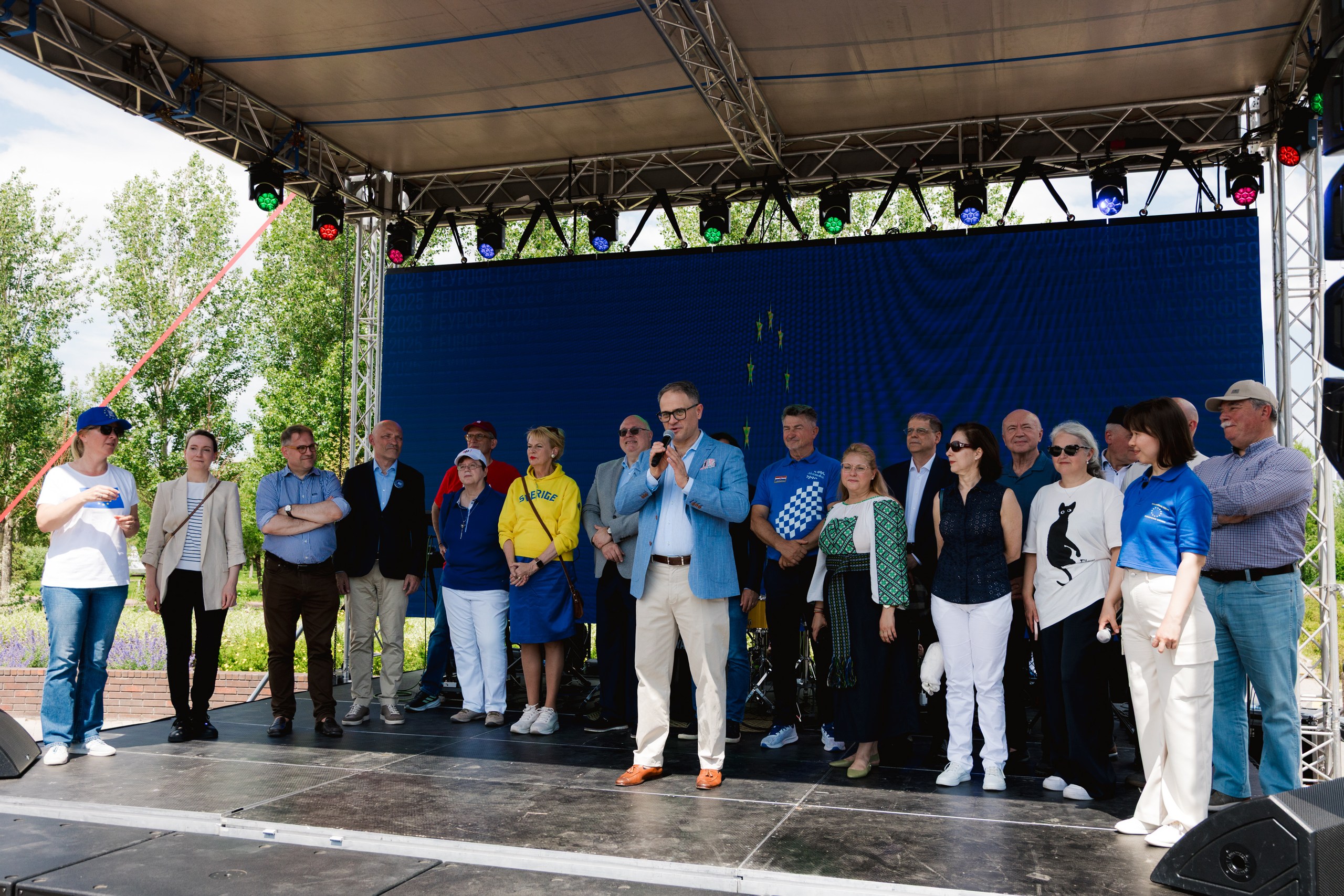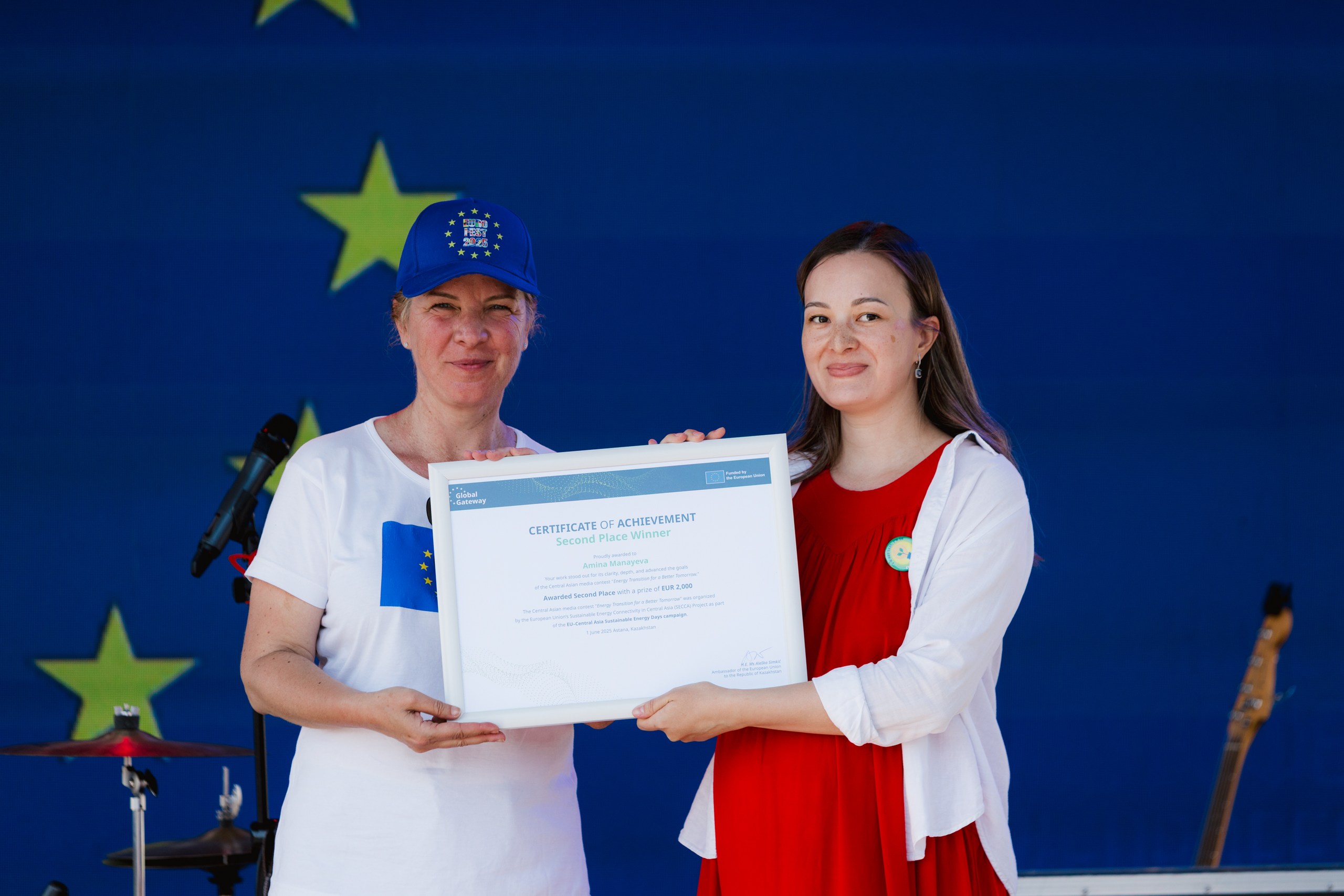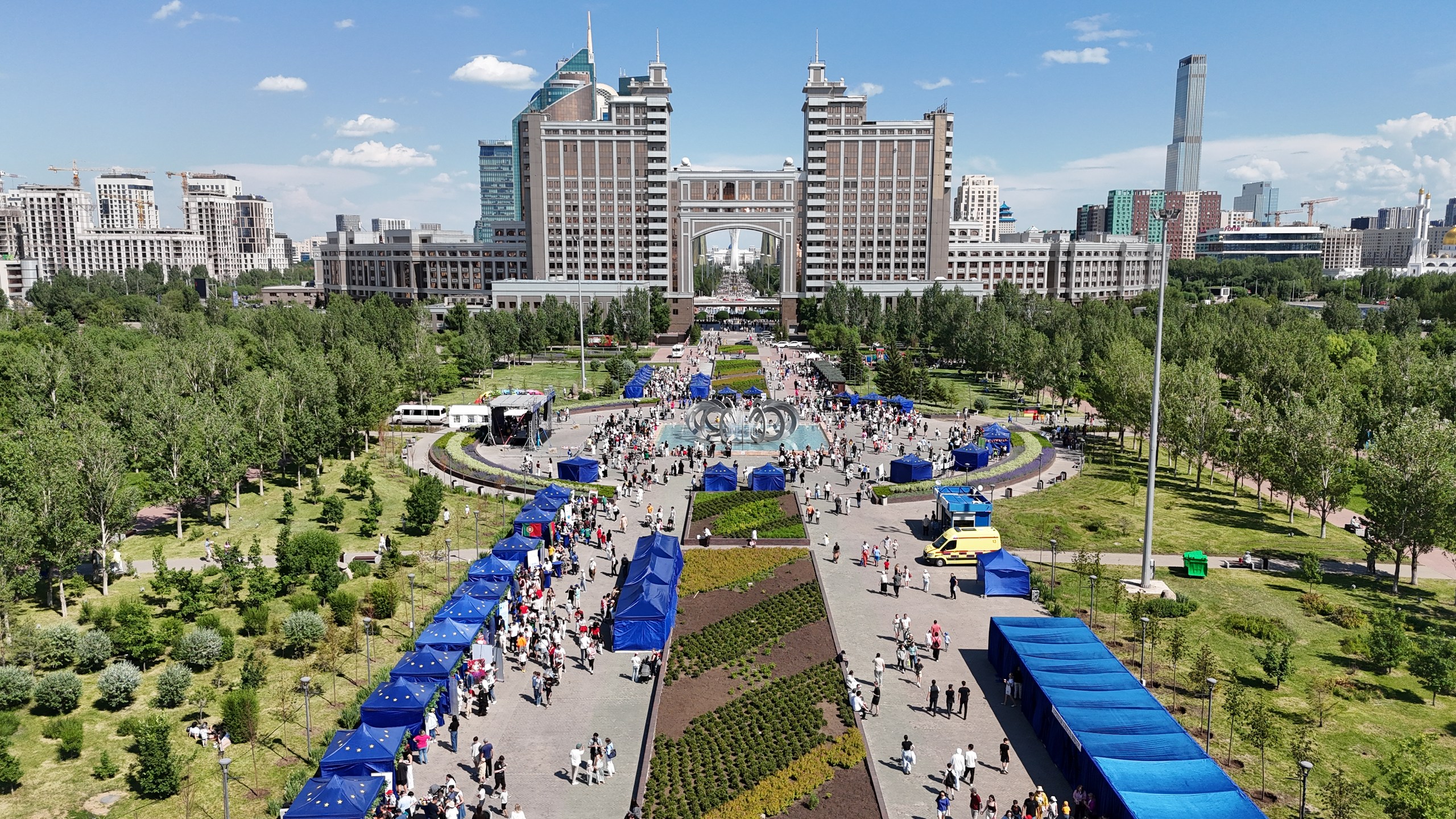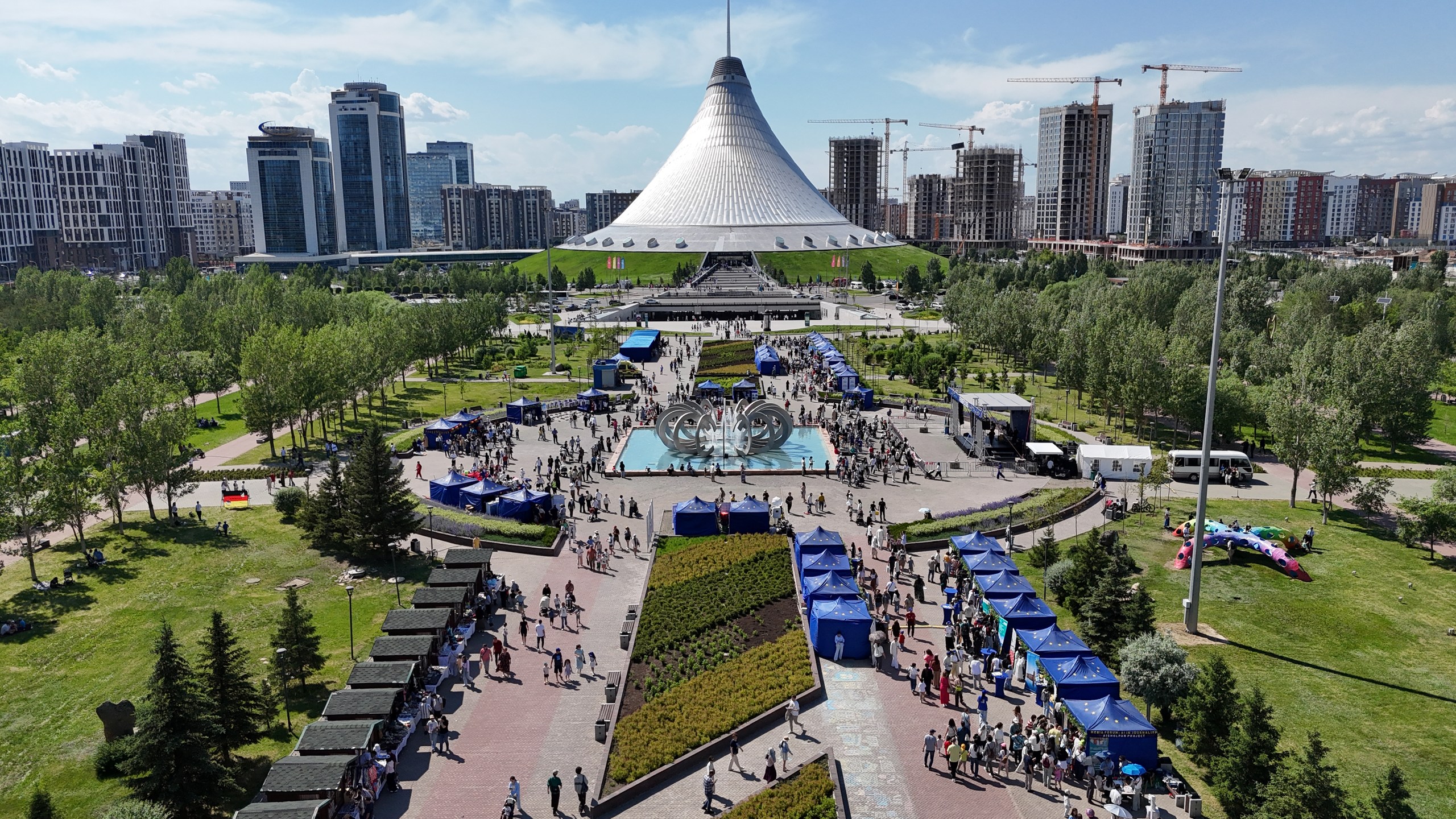Astana, Kazakhstan – EuroFest 2025, the European Union’s cultural festival promoting unity and peace, returned to Astana on 1 June 2025 in celebration of the Europe Day and the International Children’s Day. The event has become a vital platform for deepening the ties between the EU and Kazakhstan, fostering cross-cultural exchange and mutual understanding.
The SECCA project took part in the event with its dedicated booth as part of the EU–Kazakhstan Sustainable Energy Days, joining the EU Member States and other EU-funded projects. The project experts engaged with the festival visitors, including children, through interactive activities aimed at raising awareness about sustainable energy.
One of the highlights was unveiling of the photo exhibition “The European Union – Central Asia: Faces of Sustainable Energy Development Cooperation”. It showcased inspiring individuals from Kazakhstan, Kyrgyzstan, Tajikistan, Turkmenistan, and Uzbekistan, who are driving transition toward sustainable energy system and a greener and more resilient tomorrow.
On the festival’s main stage, H.E. Aleška Simkić, EU Ambassador to Kazakhstan, awarded the winners of the regional media contest “Energy Transition for a Better Tomorrow”, organised by SECCA, thus highlighting the power of storytelling in promoting clean energy.
Moreover, the project conducted the educational game “Clean Energy to Power Up My Home”. The participants learned about the renewable energy projects operating in Kazakhstan, including solar, wind, hydropower, and biogas. They also explored the role of clean energy in combating climate change.
SECCA’s participation in the EuroFest 2025 demonstrated its continued dedication to raising awareness among the public about the interlinkage between energy, climate and sustainable development, and supporting clean and inclusive energy transition across Central Asia.
